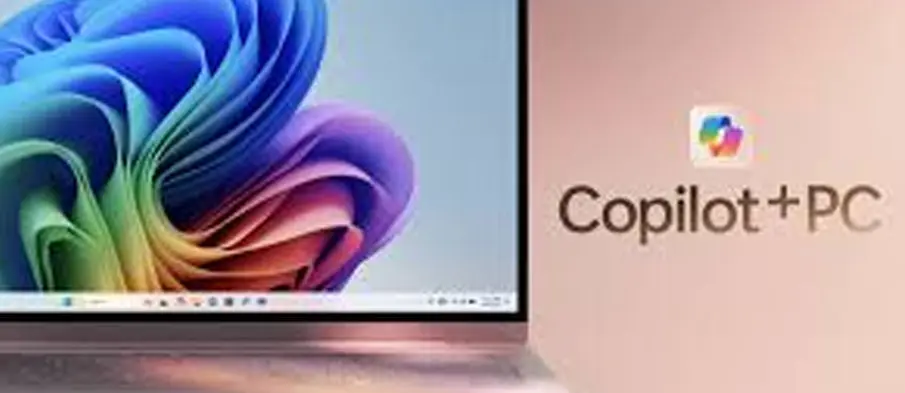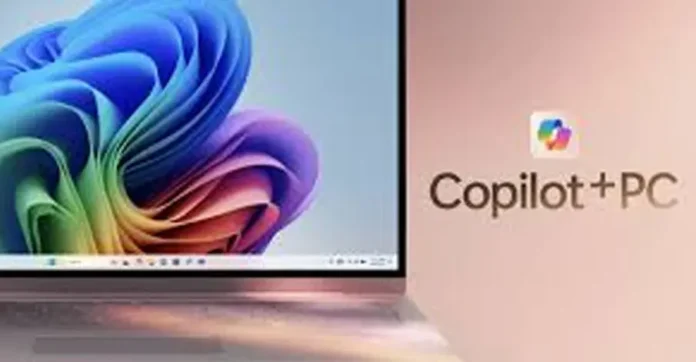
As Microsoft prepares to phase out Windows 10, the company is charting a new course for personal computing with a major artificial intelligence upgrade to Windows 11. At the heart of this transformation is Copilot — an AI assistant that is evolving from a helpful tool into what Microsoft calls the “very heart of the Windows experience.” The company envisions every Windows 11 machine becoming an “AI PC,” powered by a smarter, more intuitive Copilot.
The update marks a significant shift from background automation to full-fledged interaction. Copilot is gaining new capabilities — voice, vision, and even autonomy — turning everyday tasks into seamless, intelligent experiences. Microsoft’s goal is clear: to make PCs feel more like human collaborators than static machines.
With the new “Hey Copilot” feature, users can now activate the assistant hands-free, similar to Alexa or Siri. Once enabled, saying the command triggers a microphone icon and a chime, indicating Copilot is ready to respond. Users can also end sessions by saying “Goodbye,” adding a natural touch to the interaction. Microsoft revealed that people engage twice as much when speaking to Copilot compared to typing, suggesting that voice-based AI could become the primary way users interact with their computers.
Copilot is also gaining vision — the ability to “see” what’s on the screen and assist users in real time. Whether reviewing a PowerPoint presentation, analyzing data in spreadsheets, or editing photos, Copilot can now interpret on-screen context and provide suggestions or step-by-step help. Microsoft is integrating this functionality directly into the taskbar via a new “Ask Copilot” button, providing one-click access to both voice and vision capabilities. As Yusuf Mehdi, Executive Vice President and Chief Marketing Officer at Microsoft, explained, “This experience leverages existing Windows APIs to return your apps, files and settings, like the Windows Search experience, and does not grant Copilot access to your content.”
Beyond conversation and perception, Copilot is also becoming action-oriented through a new feature called Copilot Actions. This addition introduces agentic AI capabilities, allowing users to describe what they want in plain English and letting Copilot execute tasks across desktop and web applications. From resizing images and sending emails to changing system settings, Copilot will handle it all autonomously.
With these advancements, Microsoft is transforming Copilot into more than just an assistant — it’s becoming the intelligent core of Windows 11. The future of computing, it seems, will be defined not by clicks and commands, but by natural conversations with AI-powered PCs that understand and act for you.





